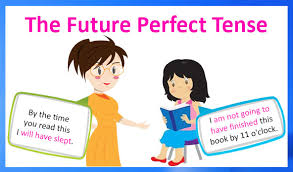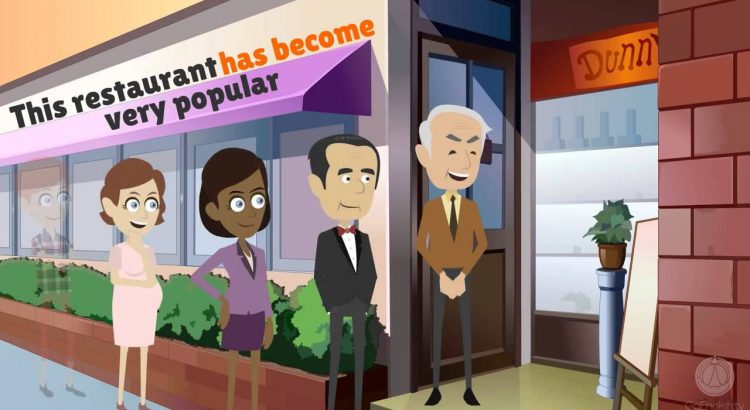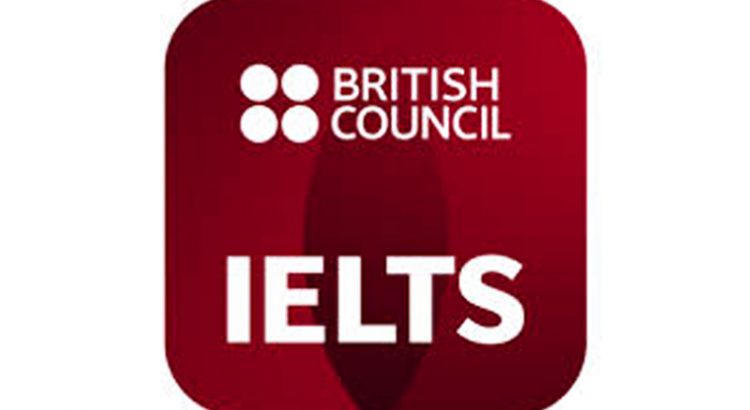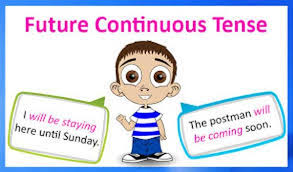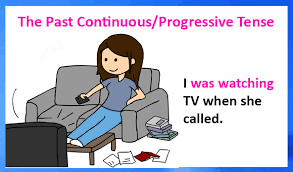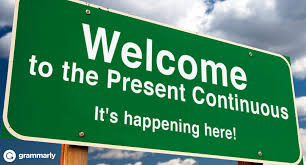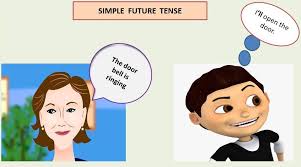- Peace talks between the USA and Iran have collapsed, and it seems that things are getting messier.
Peace talks between the USA and Iran have broken down, and it seems that things are getting messier.
- I am trying to calculate which products fetch us good gains and which are dead weights.
I am trying to work out which products fetch us good gains and which are dead weights.
- The doctor said, “Initially you will feel intoxicated for some time, but after a few hours the effects of the drug will disappear.”
The doctor said, “Initially you will feel intoxicated for some time, but after a few hours the effects of the drug will wear off.”
- It is a common sight that people exhaust themselves through overwork. They are unable to enjoy quality time with family.
It is a common sight that people wear themselves out through overwork. They are unable to enjoy quality time with family.
- Sonali Bendre is a classic example of resilience in adversity. Despite the severity of the disease, she recovered with the help of appropriate drugs.
Sonali Bendre is a classic example of resilience in adversity. Despite the severity of the disease, she pulled through with the help of appropriate drugs.
- I think we can resolve this issue only by having talks. Or this episode will lead to an acrimonious divorce.
I think we can sort this issue out only by having talks. Or this episode will lead to an acrimonious divorce.
- When parents start to live apart, it impacts heavily on young children. Because of their troubled childhood, it may lead to juvenile crime in some cases, too.
When parents split up, it impacts heavily on young children. Because of their troubled childhood, it may lead to juvenile crime in some cases, too.
- Last time, test takers who were not to take the test at our exam center came and we had to turn them away.
Last time, test takers who were not to take the test at our exam center showed up and we had to refuse them to enter.
- The Chinese government wrongly assumed that India would join the one belt initiative road project, but India stopped being a part of the deal.
The Chinese government wrongly assumed that India would join the one belt initiative road project, but India pulled out of the deal.
- Indians celebrate Diwali by exploding fireworks.
Indians celebrate Diwali by letting off fireworks.
- Expecting from those people who do not fulfill their promises will disappoint you in the end.
Expecting from those people who do not fulfill their promises will let you down in the end.
- She continued working hard after her assignment though she was well aware that she would not do well.
She kept on working hard after her assignment though she was well aware that she would not do well.
- The journey towards Ontario was delayed because of harsh weather, and no flight took off from the island.
The journey towards Ontario was held up because of harsh weather, and no flight took off from the island.
- We were expecting a handsome incentive after completion of our project, but the promised incentive did not take place, hurting the sentiments of the whole team.
We were expecting a handsome incentive after completion of our project, but the promised incentive fell through, hurting the sentiments of the whole team.
- The last cycle of recession wreaked havoc and many employees became jobless.
The last cycle of recession wreaked havoc and many employees ended up jobless.
- Scientists did some tests on rodents and found medicine had no effect whatsoever.
Scientists carried out some tests on rodents and found that medicine had no effect whatsoever.
- Large corporations during the winter season in North America spend less on staff costs.
Large corporations during the winter season in North America cut back on staff costs.
- After a marathon analysis and investigation, the team was successful in removing technical glitches of new software.
After a marathon analysis and investigation, the team was successful in doing away with technical glitches of new software.
- I was talking to my boss while driving and accidentally the talk was disconnected.
I was talking to my boss while driving and accidentally the talk was cut off.
- The project manager estimates $10 million to renovate the entire recreational areas and the testing laboratory at university.
The project manager estimates $10 million to do up the entire recreational areas and the testing laboratory at university.

